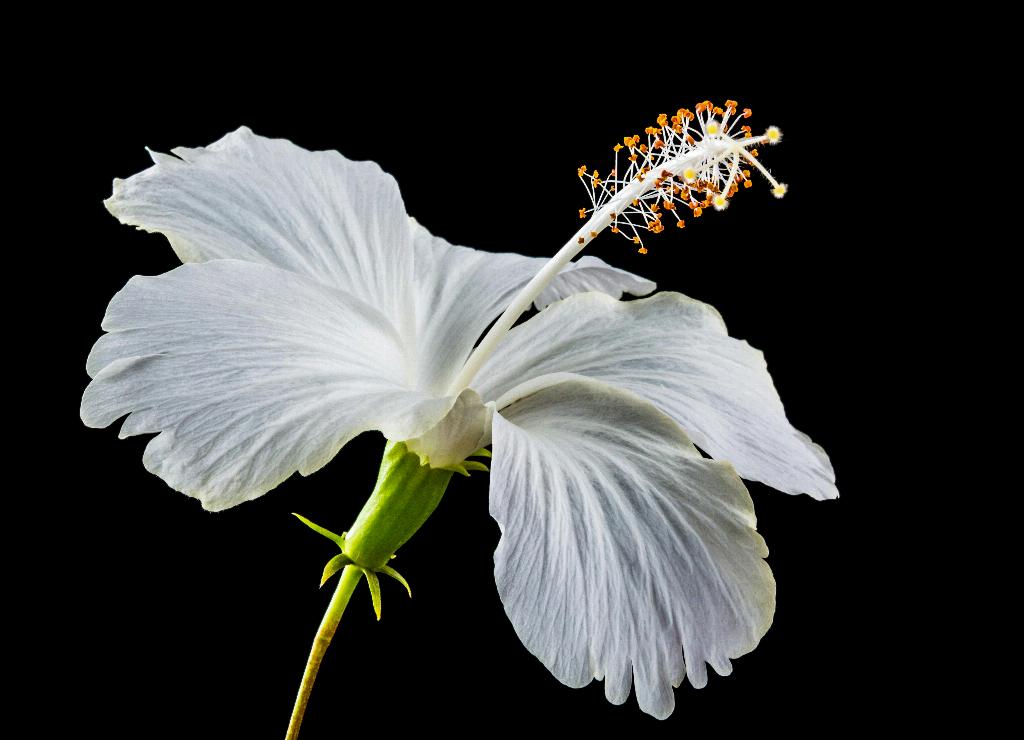Many dog owners enjoy having plants around their homes and gardens, but when it comes to our furry companions, it’s essential to be aware of any potential dangers certain plants may pose. One common question that often arises is whether hibiscus leaves are poisonous to dogs. To address this concern, it’s crucial to understand the specific type of hibiscus plant in question and its potential effects on our canine friends.
While hibiscus plants, in general, are not considered highly toxic to dogs, there are exceptions to this rule. The Rose of Sharon (Hibiscus syriacus) is a variety of hibiscus that can be harmful to pets if ingested in significant quantities. This particular hibiscus plant contains substances that can lead to gastrointestinal issues such as nausea, diarrhea, and vomiting in dogs.
It’s important to note that the toxicity level of hibiscus leaves can vary depending on the individual dog and the amount consumed. Some dogs may be more sensitive to certain plants, while others may have a higher tolerance level. In any case, pet owners should err on the side of caution and prevent their dogs from ingesting hibiscus leaves or flowers to avoid any potential adverse reactions.
As responsible pet owners, it’s crucial to familiarize ourselves with common plants that can be toxic to dogs to ensure the safety and well-being of our furry companions. While hibiscus plants are generally safe for dogs, it’s always best to exercise caution and prevent them from coming into contact with potentially harmful foliage, especially if you have a curious or indiscriminate eater.
When it comes to landscaping or gardening around your home, consider planting hibiscus varieties that are known to be non-toxic to pets if you have dogs or other animals that may roam outdoors. Opting for pet-friendly plant options can help mitigate any potential risks and provide a safe environment for your beloved pets to enjoy.
If you suspect that your dog has ingested hibiscus leaves or any other plant material and is exhibiting symptoms of illness, it’s crucial to seek immediate veterinary attention. Early intervention and appropriate treatment can help prevent any further complications and ensure the swift recovery of your furry friend.
While hibiscus leaves may not be highly toxic to dogs, it’s always better to be safe than sorry when it comes to protecting our pets from potential hazards. By staying informed about the plants in your surroundings and taking proactive measures to prevent accidental ingestion, you can create a safer environment for your canine companions to thrive in.
Regularly monitoring your dog’s behavior and keeping a watchful eye on their interactions with plants can help prevent any incidents of plant toxicity. Educating yourself about common toxic plants and their effects on pets is an essential part of responsible pet ownership and can help safeguard your furry friends’ health and well-being.
As with any potential hazards in your home or garden, proactive management and preventative measures are key to ensuring the safety of your pets. By creating barriers or designated pet-friendly areas in your outdoor space, you can limit your dog’s access to plants that may be harmful and reduce the risk of accidental ingestion.
While hibiscus leaves may pose a minimal risk to dogs compared to other toxic plants, it’s essential to be vigilant and proactive in safeguarding your pet’s health and well-being. By being aware of potential dangers and taking steps to mitigate risks, you can create a secure and pet-friendly environment for your beloved canine companions to thrive in.

